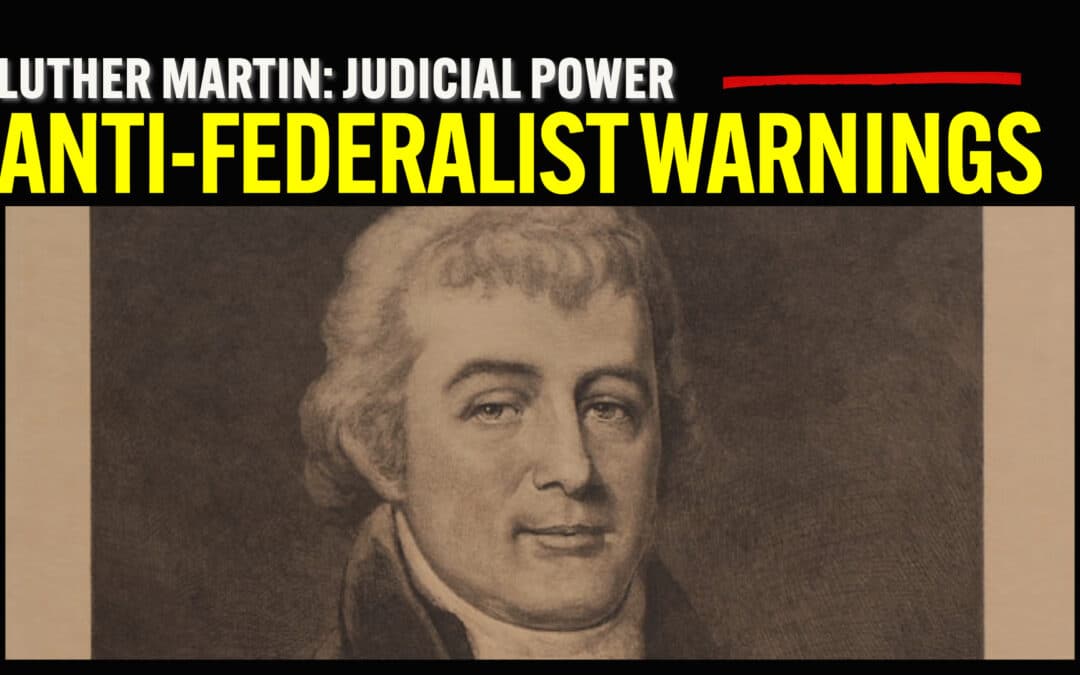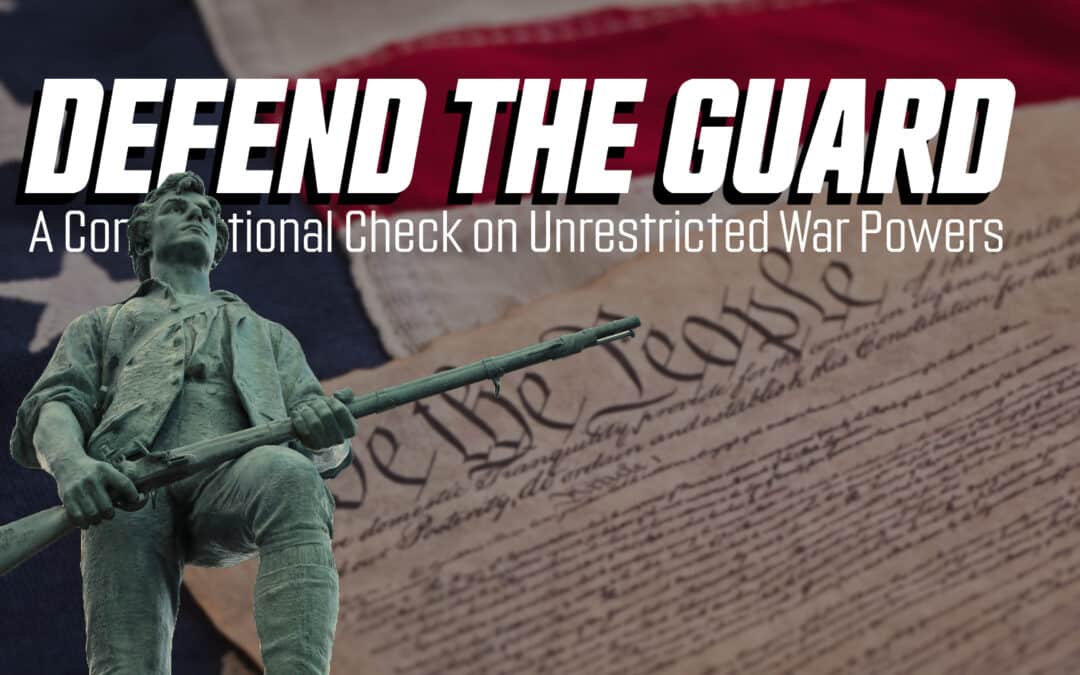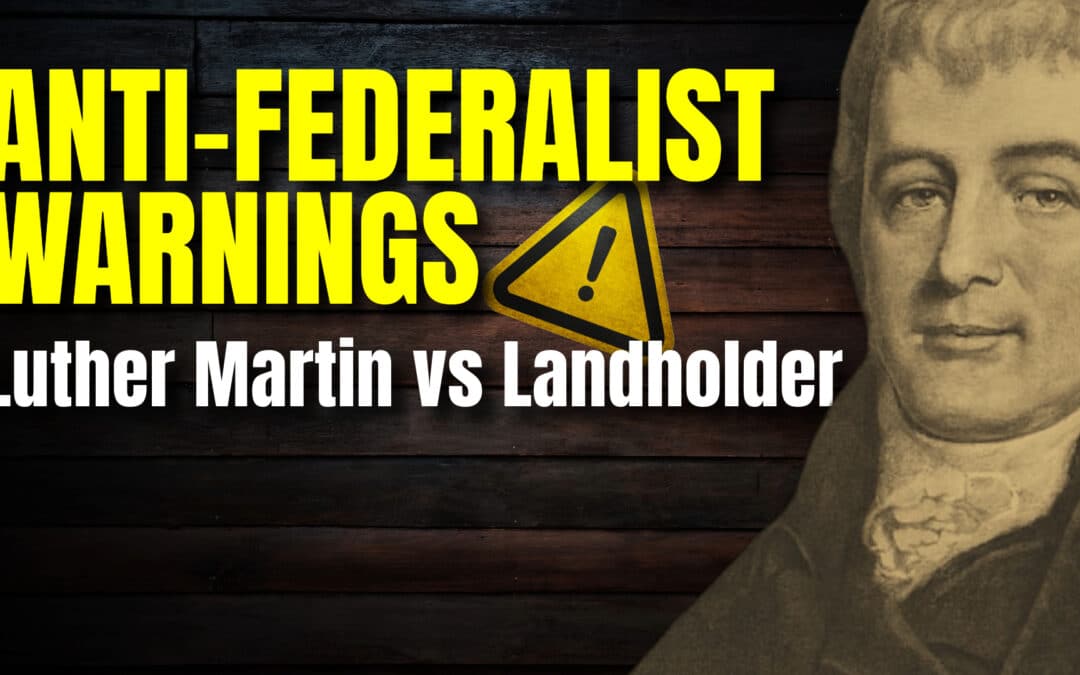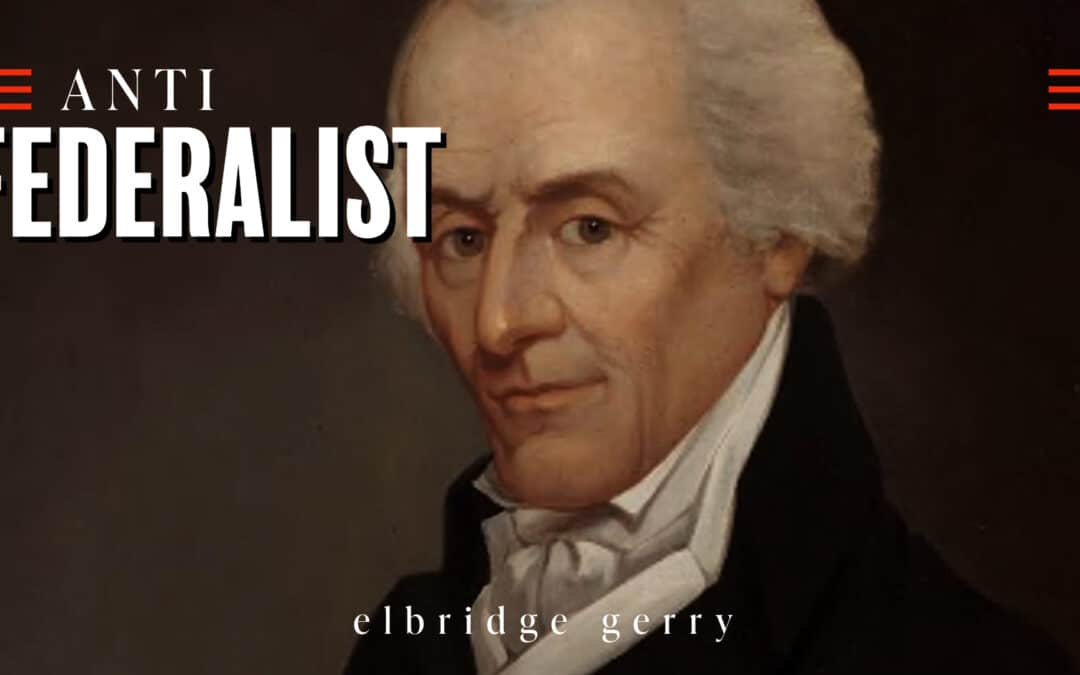


Three Pillars of Power: Luther Martin’s Anti-Federalist Warnings
Luther Martin warned that the Constitution would create a centralized national government with few real restraints – one that would steadily erode state sovereignty, override local control, and impose its will under the guise of law. In his essay Genuine...
Defend the Guard: A Constitutional Check on Unrestricted War Powers
Presidential administrations come and go but the war machine churns relentlessly on. “Defend the Guard” legislation can throw a monkey wrench in its cogs. Defend the Guard is a state-level bill that would stop the deployment of a state’s National Guard units unless...
Luther Martin vs. Landholder: Anti-Federalist Warnings on Consolidation and Tyranny
In a heated war of words, Luther Martin responded to a series of essays penned by Oliver Ellsworth under the pseudonym Landholder, defending his colleague Elbridge Gerry against Federalist attacks and reinforcing key Anti-Federalist warnings about consolidation and...